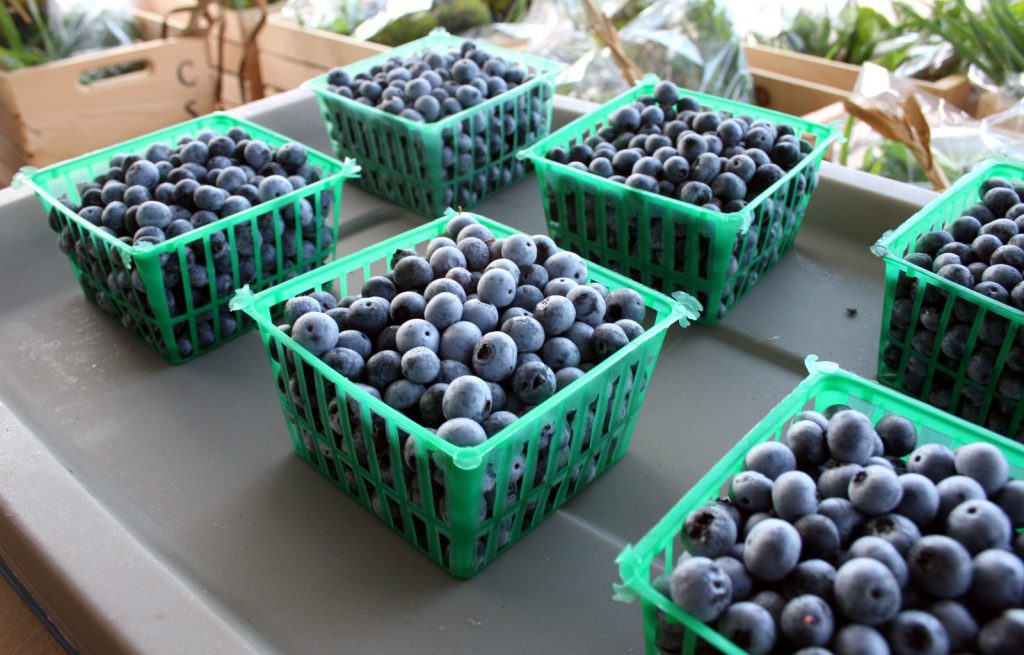
Lawmakers Re-introduce Defending Domestic Produce Production Act
By Clint Thompson
Increased imports are not just a concern of Southeast vegetable and specialty crop producers. Farmers in South Carolina and Michigan are feeling the pinch as well.
Southeast growers have rallied additional allies in their fight against imports, as noticed by the recent re-introduction of the Defending Domestic Produce Production Act.
The legislation, re-introduced two weeks ago in the U.S. House and U.S. Senate, earned the co-sponsorship of Florida’s congressional delegation as well as Congress members from Georgia and Michigan. It was also supported by agricultural organizations such as the Florida Fruit and Vegetable Association (FFVA), Florida Farm Bureau Federation, Florida Strawberry Growers Association, Florida Blueberry Growers Association, Georgia Fruit and Vegetable Growers Association, Michigan Farm Bureau and South Carolina Farm Bureau.
“This issue is now growing in some of these other states. I hate to see that, but it does help,” FFVA President Mike Joyner said. “Those in the past that we would go to, and they would say we’re just not seeing it, are now getting calls from their asparagus growers in Michigan and saying Peruvian asparagus is killing us. I’m sorry for these other states, but it helps us as we continue to try to get people’s attention.”
Legislation Reintroduced
Senators Marco Rubio (R-FL) and Rick Scott (R-FL), along with U.S. Representatives Vern Buchanan (R-FL) and Al Lawson (D-FL), re-introduced legislation that ensures U.S. trade law applies to seasonal fruit and vegetable growers.
“One of the things that we’re so pleased with, when you look at this bill, we’ve got co-sponsors; first of all, Senator Rubio, Senator Scott, Congressman Buchanan, Congressman Lawson; have led the charge. We’ve got every member of the Florida delegation on this bill which is really unheard of any time but especially in this day in time,” Joyner said.
Imports from countries like Mexico have flooded the U.S. for more than a decade. Southeastern farmers have pointed to Mexico just dumping produce. Large quantities of imported produce are brought into the country without a set price. The buyer sets his own price for what he’s willing to pay.
Mexico is willing to sell for whatever it can get because it is backed by government subsidies.
“The volumes coming into this country are increasing every day. What we were concerned was going to happen during the pandemic has happened and more,” Joyner said. “The Section 201 that the blueberry industry brought, when that was denied, we were very concerned that we would see volumes increase. That’s exactly what we’ve seen.
“The trends are not good at all.”









